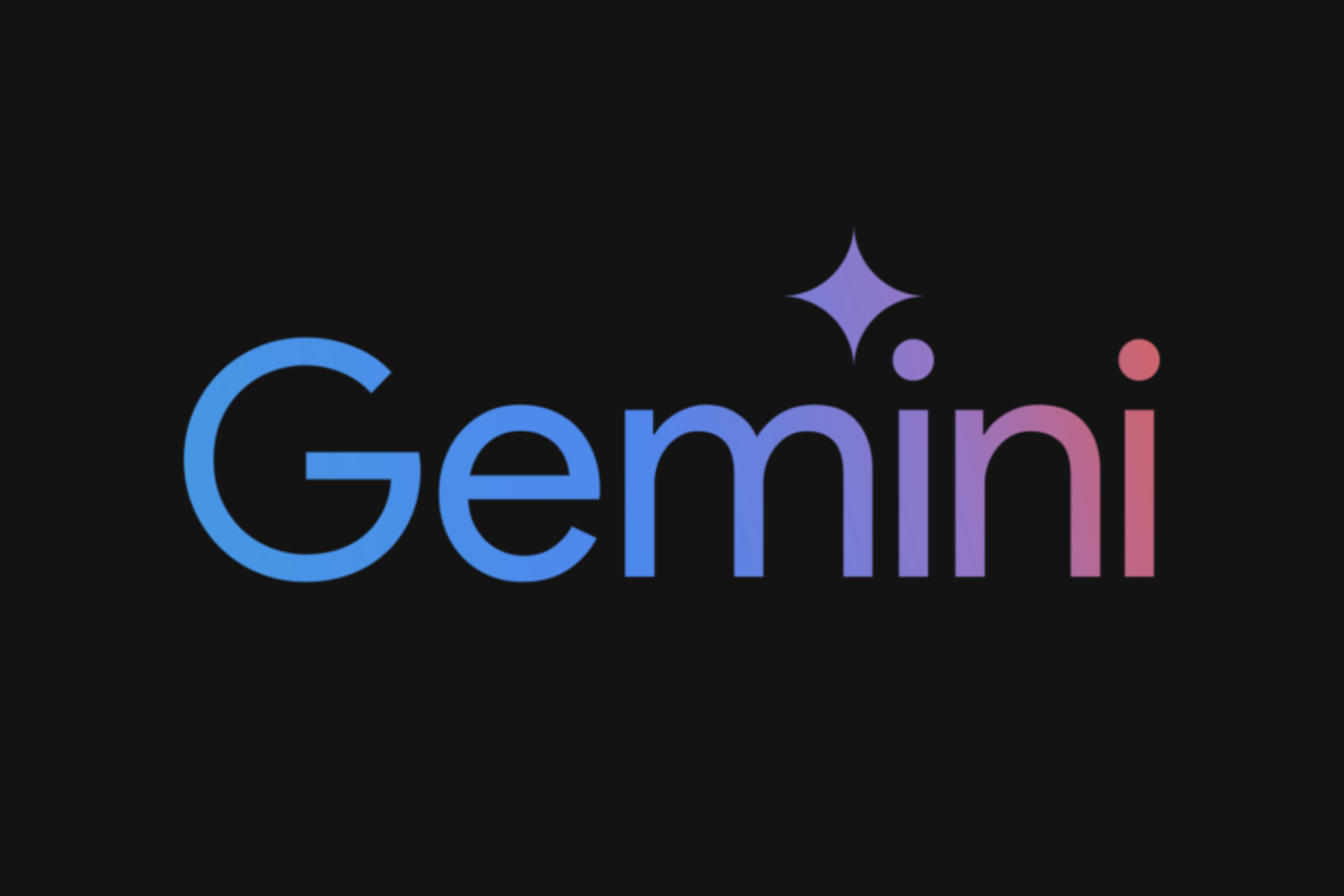Google is ending Chrome support for Windows 7 & 8.1 in early 2023
3 min. read
Published on
Read our disclosure page to find out how can you help Windows Report sustain the editorial team. Read more
Key notes
- Microsoft isn't the only company ending support for Windows 7 & Windows 8.1
- Google has also decided to terminal Chrome support for these two OS versions.
- The company strongly advises users to upgrade to Windows 10 or Windows 11.

Still using good old obsolete operating systems such as Windows 7, or Windows 8.1, are you? You will soon have to change strategy, though, because Google will no longer have it.
We all knew that Microsoft was planning to end support for Windows 8.1 starting in January 2023, so Google decided that it was time for it to cut ties with the old OS as well.
In fact, starting early next year, support for Google Chrome on Windows 7 and Windows 8.1 will be terminated by the company.
No more Chrome support for Windows 7 & Windows 8.1
Google stated that, with the release of Chrome 110, which is tentatively scheduled for February 7th, 2023, it will officially end support for Windows 7 and Windows 8.1.
It goes without saying that, before this happens, you’ll need to ensure your device is running Windows 10 or later to continue receiving future Chrome releases.
As we’ve mentioned, this initiative matches Microsoft’s end of support for Windows 7 ESU and Windows 8.1 extended support on January 10th, 2023.
On that note, know that those sticking to the good-old Windows 7 and arguably not-so-good Windows 8.1 are now getting more notifications with prompts to update to Windows 10 or Windows 11.
Furthermore, the recently released Google Chrome 108 is now displaying warnings about the upcoming end of support on Windows 7 and 8.1:
To get future Google Chrome updates, you’ll need Windows 10 or later. This computer is using Windows 7.
In other words, browsing the modern internet using an unsupported operating system and browser is risky, so companies don’t want to be held accountable for anything that happens.
Customers can actually silence the new Chrome notifications with a Windows Registry value that suppresses the update prompts.
Note that the Chrome web browser has a market share of over 65%, followed by Safari with roughly 18% and Microsoft Edge with 4.32%, which uses the Chrome rendering engine with enhancements from Microsoft.
Don’t worry, as older versions of Chrome will continue to work, but there will be no further updates released for users on these operating systems.
You might ask yourself how people are still using these old versions of Windows, but allow us to remind you that there still are a lot of people that haven’t upgraded from Windows XP.
Currently, Windows 7 is still running on over 10% of all Windows systems worldwide, while Windows 8.1 is just 2.7%, according to Statcounter GlobalStats.
So, if you currently haven’t upgraded from obsolete versions such as Windows 7 or Windows 8.1, it is strongly recommended you do so.
Making the move to a supported Windows version before the above-mentioned date will ensure you continue to receive the latest security updates and Chrome features.
How can I suppress Chrome notifications?
- Press Win + R and type regedit.
- Navigate to the following location and create a new DWORD 32-bit value:
HKEY_CURRENT_USER\Software\Policies\Google\Chrome - Rename the value to SuppressUnsupportedOSWarning.
- Open the value and change its data to 1.
Remember that your online security is also at stake when using older versions that no longer receive security updates.
If you need any assistance in upgrading to Windows 10, remember that we are here for you. And, if you’re having problems upgrading from Windows 7 to Windows 10, we can help with that as well.
Are you still using Google’s Chrome browser on Windows 7 or Windows 8.1? Share your experience with us in the comments section below.









User forum
0 messages